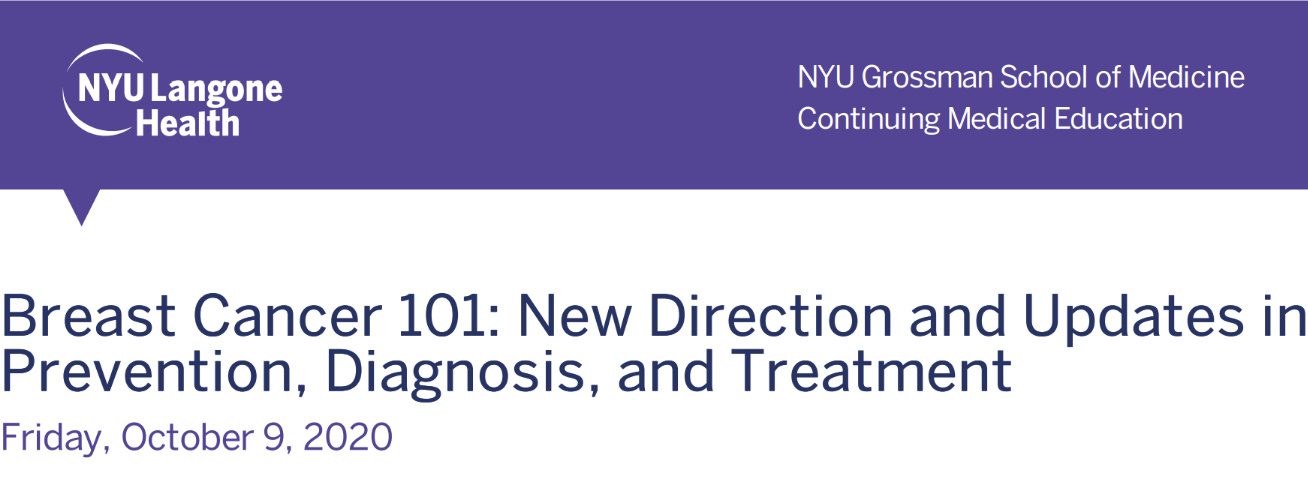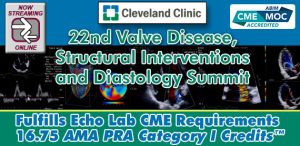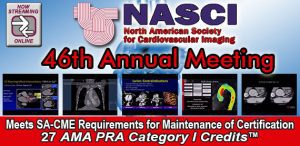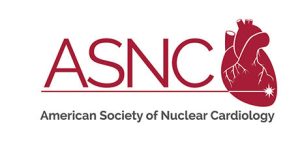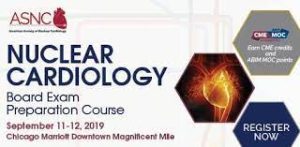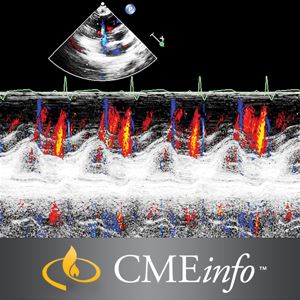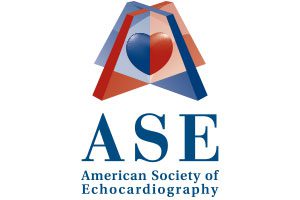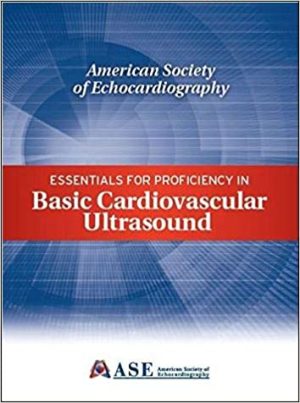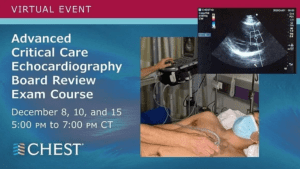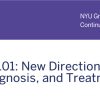NYU Health Breast Cancer 101 New Direction and Updates in Prevention, Diagnosis, and Treatment 2020
$10
NYU Langone Health Breast Cancer 101 New Direction and Updates in Prevention, Diagnosis, and Treatment 2020
Overview
14 videos + 1 pdf, size: 1.03 GB
Information:
Course Description
Through case presentations illustrating two scenarios for follow-up discussion, this course will provide up-to-date management and treatment decisions about recommendations for risk reduction and risk assessment, imaging, surgery, radiation therapy and chemotherapy. Key topics will be management for atypical lesions, when surgery can be avoided, and what mutations are actionable and is enhanced surveillance. Newest guidelines using 3D mammography, when ultrasound is indicated, work-up of calcifications and masses, and when MRI is indicated will be covered. The use of SaviScout versus wire localization will be reviewed. Discussions include “stretching” indications for lumpectomy with oncoplastic technique where mastectomy at first glance may be the preferred option and most up-to-date guideline for margins for ductal carcinoma in situ and invasive cancer (DCIS). The second case will focus on nipple sparing mastectomy and oncoplastic safety and techniques. Cases will be presented in real time and chosen to reflect the changing landscape of current recommendations in each of these fields.
Educational Objectives
After participating in this activity, clinicians should be able to:
- Describe the high risk guidelines from the ASBrS (American Society of Breast Surgeons) and identify which pathologic lesions on needle biopsies warrant referral to a breast surgeon for surgical management and how to counsel their patients regarding treatment and follow up
- Describe what are the high risk mutations and which are moderate risk mutations from the NCCN (National Comprehensive Cancer Network)
- Recognize who can have partial breast irradiation and who needs whole breast radiation and when a boost is indicated according to American Society of Radiation Oncology (ASTRO)
- Determine if additional radiation is feasible, by looking at time to recurrence, tumor characteristics, nodal status and age of patient
- Recognize when is it reasonable to consider doing lumpectomy with oncoplastic closure and implications it has on radiation techniques
Target Audience
Primary care physicians, gynecologists, general surgeons, registered nurses, advanced practice providers, dietitians, psychologists, medical students, nursing students, residents, fellows and all interested clinicians.
List of Topics:
Agenda.pdf
Case Presentations with Discussion 1.ts
Case Presentations with Discussion 2.ts
Case Presentations with Discussion 3.ts
Case Presentations with Discussion 4.ts
Case Presentations with Discussion 5.ts
New Approaches to Systemic Therapy Recommendations for Neoadjuvant Therapy in Operable Breast Cancer 1.ts
New Approaches to Systemic Therapy Recommendations for Neoadjuvant Therapy in Operable Breast Cancer 2.ts
New Technology in Imaging.ts
New Technology in Radiotherapy 1.ts
New Technology in Radiotherapy 2.ts
Optimal Evaluation and Management of Women at Increased Risk for Breast Cancer 1.ts
Optimal Evaluation and Management of Women at Increased Risk for Breast Cancer 2.ts
What Next, Defining Survivorship 1.ts
What Next, Defining Survivorship 2.ts
Connect With Us
You can reach us through a variety of channels. Choose the one that’s most convenient for you:
Telegram:
Connect with us on Telegram for quick queries and updates. Find us at our Telegram ID 👉🏻 @MedicalBoardCourses
Related products
All Medical Courses
22nd Valve Disease, Structural Interventions and Diastology Summit 2020
All Medical Courses
The Passmachine Anesthesiology ADVANCED Board Review Course 2017
All Medical Courses
ACP Virtual Live Internal Medicine Board Review Washington July 2021
All Medical Courses
ASE 2016 Essentials for Proficiency in Basic Cardiovascular Ultrasound
All Medical Courses
The Aesthetic Society Nuances in Injectables The Next Beauty Frontier 2021


